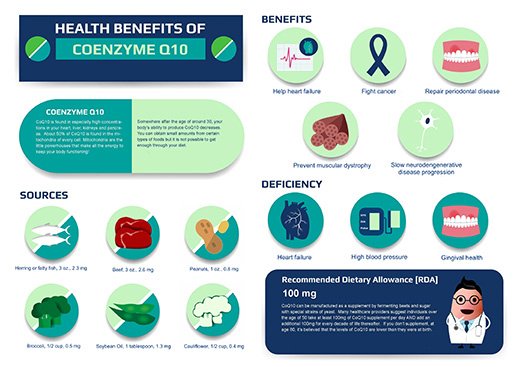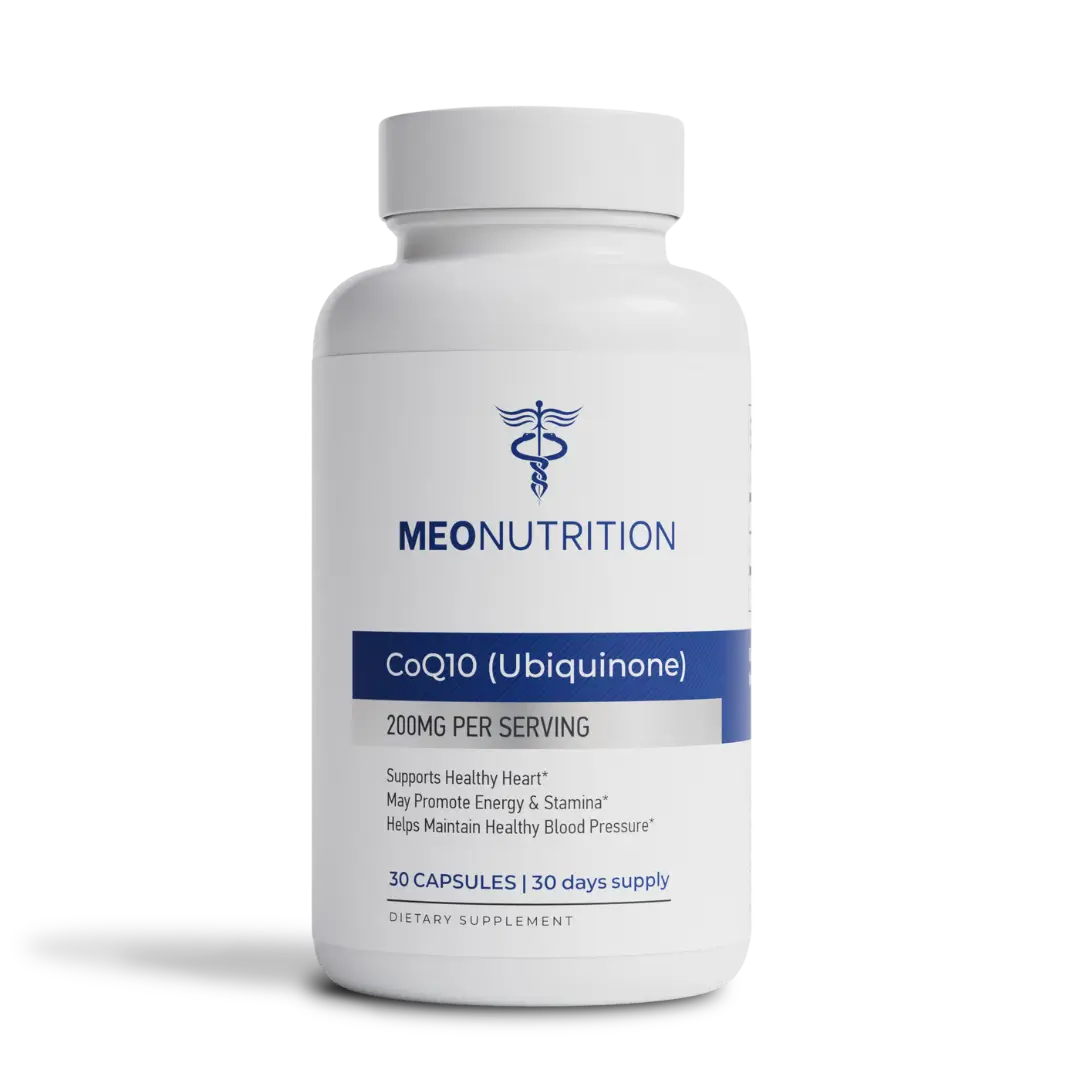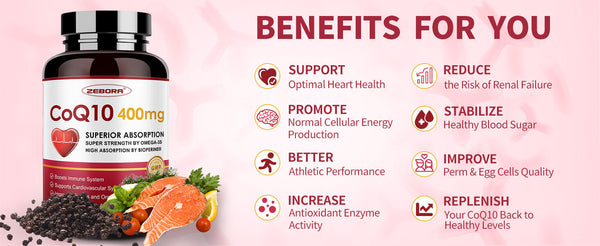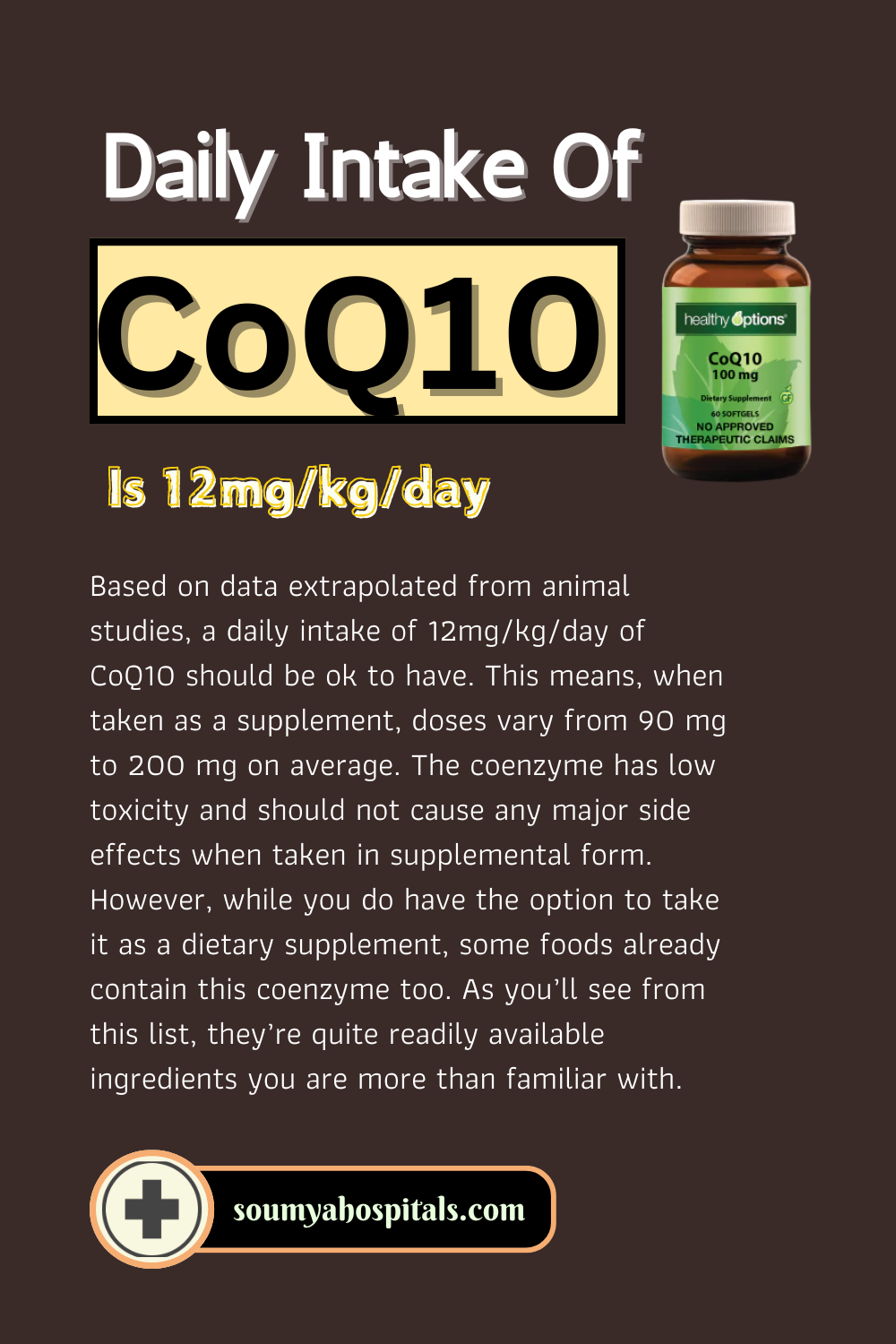Should You Take Coq10 In The Morning Or At Night

Confused about when to take your CoQ10? The timing of your dose might impact its effectiveness. Here’s what you need to know about optimizing your CoQ10 intake.
This article dives into the ideal time to take Coenzyme Q10 (CoQ10), exploring the factors influencing absorption and how to tailor your intake for maximum benefit. We'll dissect the science-backed recommendations so you can get the most from this vital supplement.
Understanding CoQ10 and Its Benefits
CoQ10 is a naturally occurring antioxidant crucial for cellular energy production. It plays a vital role in heart health, brain function, and overall energy levels. Supplementation is often recommended to address age-related decline or certain medical conditions.
Why Timing Matters
The fat-soluble nature of CoQ10 directly impacts its absorption rate. Taking it with food, particularly those containing fats, significantly enhances bioavailability. This is a critical factor in determining the optimal time to take your supplement.
The Morning vs. Night Debate: What the Experts Say
Many experts recommend taking CoQ10 in the morning. This aligns with the body's natural energy production cycles and can help avoid potential sleep disturbances in sensitive individuals. However, the absolute best time is closely tied to dietary habits.
Others suggest that taking CoQ10 with the largest meal of the day is most important, regardless of whether that's in the morning, afternoon, or evening. Consistency is generally key, so sticking to a routine can be beneficial. It is important to consider how you are reacting to taking CoQ10, so you know whether you need to change when you are taking it.
Considerations for Ubiquinone vs. Ubiquinol
CoQ10 exists in two forms: ubiquinone and ubiquinol. Ubiquinol is the reduced form and is generally considered more readily absorbed, especially by older adults. Regardless of the form, taking it with food is paramount.
Some research suggests that ubiquinol may have a slight advantage in absorption regardless of timing. However, the difference is often marginal compared to the impact of taking either form with a meal containing fats.
The Role of Food and Fat Intake
CoQ10, being fat-soluble, requires dietary fats for optimal absorption. Studies have shown that taking it with a meal high in healthy fats, such as avocado, nuts, or olive oil, can significantly increase its bioavailability. This is crucial for maximizing its benefits.
Without adequate fat intake, much of the supplement may pass through the digestive system without being absorbed. This renders the supplementation largely ineffective and wastes your money.
Potential Side Effects and Interactions
While generally well-tolerated, CoQ10 can cause mild side effects in some individuals, such as nausea or stomach upset. Taking it with food can help mitigate these effects. If you're experiencing side effects, consult with your healthcare provider.
CoQ10 can interact with certain medications, including blood thinners and blood pressure medications. It's crucial to discuss CoQ10 supplementation with your doctor, especially if you have pre-existing medical conditions or are taking prescription drugs. Do not start or stop a supplement without professional guidance.
Dosage and Individual Needs
The appropriate CoQ10 dosage varies depending on individual needs and health conditions. Typical dosages range from 100mg to 300mg per day, but higher doses may be recommended in certain cases. Consult with a healthcare professional to determine the optimal dosage for you.
Factors such as age, overall health, and specific medical conditions can influence the ideal dosage. It is very important to have these discussions with your health care professionals. Self-treating can be dangerous and lead to health complications.
"Ultimately, the best time to take CoQ10 is when you're most likely to remember to take it consistently with a meal containing fats. This ensures optimal absorption and maximizes its potential benefits," states Dr. Emily Carter, a leading nutritionist specializing in supplement optimization.
Practical Tips for Optimal CoQ10 Supplementation
Choose a time that aligns with your daily routine and dietary habits. If you consistently eat a fatty breakfast, taking it in the morning might be ideal. If your largest, fattiest meal is dinner, consider taking it in the evening.
Keep your CoQ10 supplement visible to remind yourself to take it. Pair it with a daily habit, such as brushing your teeth, to create a lasting routine. Consistency is key to experiencing the full benefits.
The Bottom Line: Tailoring CoQ10 Intake for Maximum Benefit
The optimal time to take CoQ10 depends on individual factors, including dietary habits and tolerance. Prioritize taking it with a meal containing fats to enhance absorption. Consult with your doctor to determine the appropriate dosage and timing for your specific needs.
Monitor your body's response and adjust the timing as needed. If you experience any adverse effects, discontinue use and consult with your healthcare provider. Ongoing research continues to explore the nuances of CoQ10 supplementation for optimal health.



+(1).png?format=1500w)














